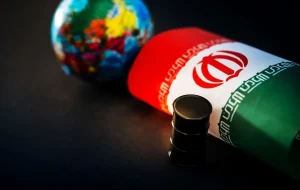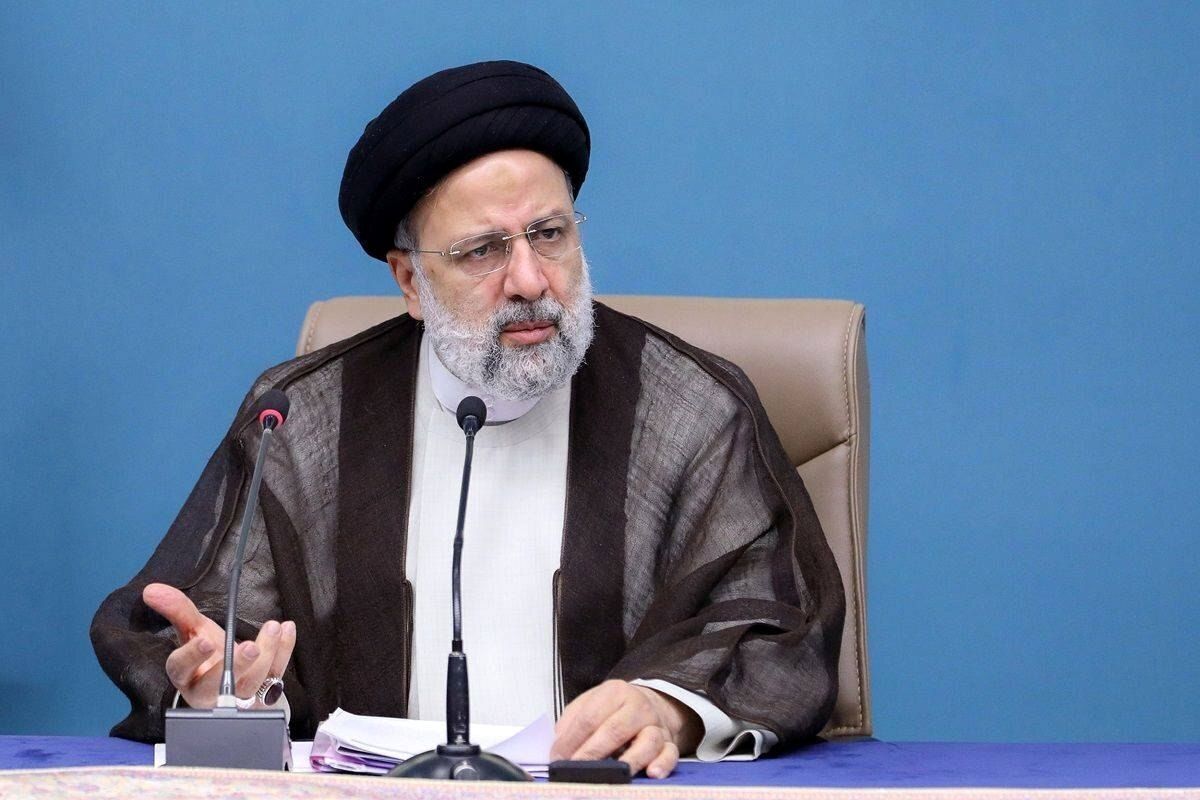
Mismanagement brought petrochemical production to zero
Production in Khorasan, Lordegan, Kermanshah, Zagros, Sabalan, Kimia Pars, and many other urea and methanol petrochemical plants has dropped to zero; why? Because the only prescription of all governments to overcome the gas crisis is to close the gas valve of petrochemical plants.

Growth in oil production and exports despite economic recession
Central Bank statistics indicate a 1.1% growth in oil production and exports in the first half of 1404; a growth achieved during an economic recession and alongside a 0.6% decrease in the country's gross domestic product.

The Yellow Dragon’s Addiction to Iranian Oil / Billion-Dollar Savings for Chinese Refineries
Estimates by the Kepler Institute show that China purchased over 80% of Iran's exported oil in 2025, with daily imports averaging around 1.38 million barrels, equivalent to approximately 13% of China's total seaborne oil imports.
آخرین اخبار

Bandar Imam becomes the giant of Iran’s petrochemical paper projects
Bandar Imam Petrochemical, the beating heart of the downstream chain of Iran's petrochemical industry, is currently facing a $1.4 billion project; a project that, in relation to the company's 8 trillion tomans profit, has raised serious questions about the economic logic, financing method, and the silence of Persian Gulf Holding.

Production of more than 13 billion cubic meters of sweet gas in the eighth refinery of South Pars
The director of the 8th refinery of South Pars gas complex announced the production of more than 13 billion cubic meters of sweet gas in 9 months of this year and said: This amount of production has made a decisive contribution to the stability of gas supply to the domestic, industrial and power plant sectors of the country.

harvesting more than 51% of Iran’s oil reserves; The necessity of acceleration in the development of increased technologies
The Director of Research and Technology of the National Iranian Oil Company, announcing that more than 51% of the country's recoverable oil reserves have been harvested, emphasized: the countries of the region have moved with increasing speed towards the use of new technologies for increased harvesting, and Iran is bound to accelerate the development and localization of these technologies in order to protect the remaining reserves and sustainable production.

A 25% increase in the limit of the contract between the Northern Drilling Company and Caspian Oil
Shamal Drilling Company, the exploratory drilling contractor in the Caspian Sea, announced an increase of 25% of the initial contract amount in some contract cases with the Caspian Oil Company.

30% of the country’s non-oil exports are from the petrochemical industry
The investment manager of the National Petrochemical Industry Company said: We are obliged to solve as many challenges and problems as possible so that the development of the industry takes place, because the petrochemical industry accounts for about 8% of the gross domestic product and 30% of non-oil exports are made from the petrochemical industry.

Advisor to the President: Removing bureaucracy is a condition for the development of petrochemical investment
Emphasizing the strategic role of the petrochemical industry in the country's economy, the presidential adviser on economic cooperation announced: by facilitating investment processes, eliminating bureaucracy and using micro-currency capital and the capacity of knowledge-based companies, the petrochemical industry can become one of the most important drivers of wealth creation and economic growth in Iran.

alternative fuels; Iran’s roadmap for energy security in the era of transition
With huge reserves of natural gas, extensive petrochemical infrastructure and several decades of experience in the production of basic products, Iran has the capacity to establish its position in the world's new energy chain through the development of alternative fuels and energy carriers such as ammonia, LPG, LNG and methanol. These products are not only fuel, but also geo-energetic tools and added value creation engines.

Inauguration of the second row of Azadegan Southern Central Processing Unit; The backbone of West Karun development
The vice-chairman of the Energy Commission of the Islamic Council said: "The opening of the second row of the central processing unit of the South Azadegan common field by increasing the sustainable capacity of processing, stabilizing production, strengthening the transmission chain and creating employment, plays a key role in the sustainable development of West Karun and the resilience of the country's oil industry."

Oil market moves away from fear-based pricing; fundamentals confirmed
The former representative of Iran in the OPEC executive board, emphasizing the fading effect of geopolitical shocks on the global oil market, said: In recent years, the oil market has moved away from pricing based on fear and tension and has moved towards valuation based on fundamental factors such as supply, demand, storage level and excess production capacity.

63% of major repairs plan achieved in southern oilfield
The Director of Industrial Equipment and Process Machinery Repairs at the National Southern Oilfields Company, explaining the missions and performance of this management, said: "With proactive planning, localization of strategic parts, and the round-the-clock efforts of operational forces, more than 63 percent of the annual overhaul plan was achieved in 1404; an unprecedented achievement that has played an important role in production sustainability, flaring reduction, and environmental protection."




